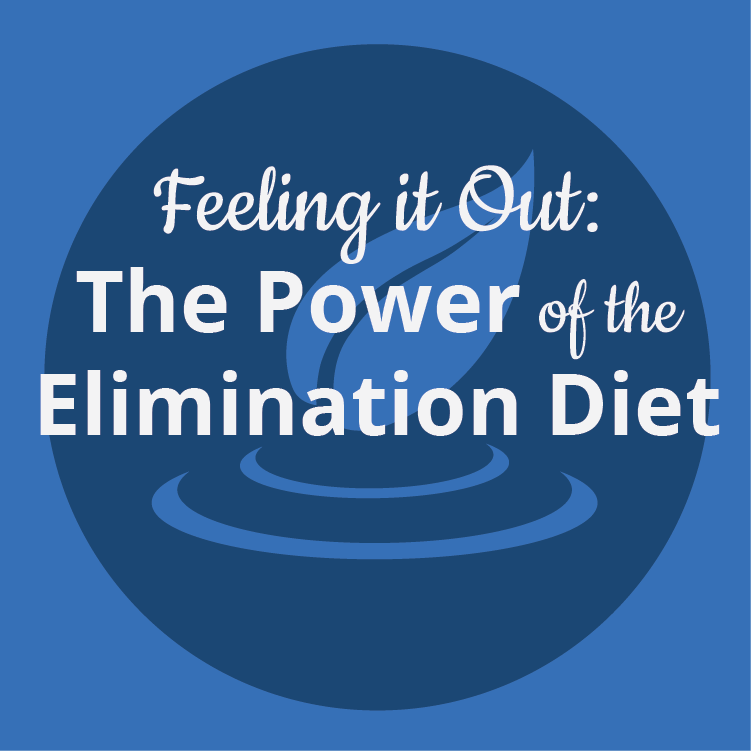Why People Use Magnesium-And What You Should Know

Let me tell you why magnesium is such a power player in health—and what to watch out for when using it.
Magnesium is a mineral your body absolutely needs, yet most people don’t get enough through food alone. It’s involved in hundreds of processes—everything from calming your nervous system to managing blood sugar, helping your muscles move smoothly, and keeping your heart rhythm steady. It also plays a big role in supporting restful sleep and a healthy mood. We can get magnesium mostly through food, including cacao, pumpkin and chia seeds, certain nuts, spinach, black beans, and edamame. These are considered some of the highest foods containing magnesium. As we get older, we could become deficient because it is not being absorbed properly. According to the National Library of Medicine, intestinal absorption of magnesium tends to fall with age, and this decline may be one of the possible causes of magnesium deficiency with aging. The alteration of the intestinal absorption of magnesium in an older person is often worsened by impairment of vitamin D, common in older people. Optimal magnesium requirement with food is considered to be 320 mg/day for women and 420 mg/day for men, according to the 2015–2020 Dietary Guidelines for Americans, but higher requirements may be needed in some physiologic conditions, such as pregnancy, aging, or during exercise, and in some pathological conditions.
So why do people often take magnesium supplements? Let’s face it, we don’t get enough with our diet, and to reiterate it helps with:
- Ease muscle cramps and tension
- Improve sleep quality
- Support blood sugar balance and insulin sensitivity
- Help with migraines in some cases
- Support heart and vascular health
- Bone Health
Over the years, Dr. Dangovian has seen how daily use of magnesium (since the mid 1990’s!) has helped his cardiology practice team and wellness clients manage the demands of busy work and life—without burning out.
All of that said, it’s not without caution. Some of the more common side effects are digestive—things like diarrhea, nausea, or stomach discomfort—especially when doses get too high. And in rare cases, if someone already has impaired kidney function or they take extremely high amounts, magnesium levels can build up too much (a condition called hypermagnesemia), which can be dangerous.
Smart Approaches to use Magnesium I’d recommend:
- Start with diet first—eat magnesium-rich foods like cacao, leafy greens, nuts, seeds, legumes
- Use a well-absorbed form of magnesium (glycinate, malate, or citrate tends to be gentler on digestion)
- Begin with a low dose to test tolerance
- Keep it separated from other minerals or medications (like calcium, iron, zinc) so absorption is optimal
- Check in with your doctor—especially if you have kidney issues, take medications, or have any chronic conditions
He frequently recommends magnesium . He personally takes them once in the morning to start with a calm mind and body and then again before bed to have more restful sleep.
Supplements are not regulated by the FDA and if you are not careful you could be paying a lot of money for a product that has other bi-products in them or from a low quality source. Dr. Dangovian and his team research out the best supplements on the market for the highest quality that are third party tested.
Magnesium is a fantastic tool in the toolbox—but like all tools, it works best when used skillfully and with awareness. Let us know if you’d like help figuring out what form or dosage might be right for you.
This is our go-to product that is most popular:





